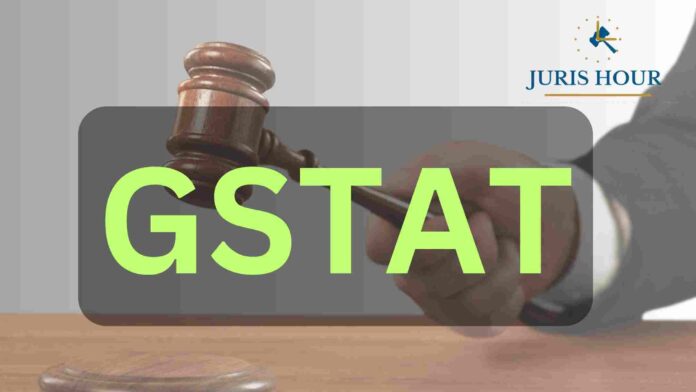GSTAT Issues Advisory on E-Filing of Appeals: Staggered Timelines, Mandatory Offline Preparation & Digital ComplianceThe Goods and Services Tax Appellate Tribunal (GSTAT) has released a comprehensive advisory for taxpayers, officers, and authorized representatives regarding the functioning of its newly launched E-Filing Portal. The advisory provides clarity on staggered filing schedules, documentation requirements, payment processes, and technical procedures aimed at ensuring a smooth transition to the digital appeal system.
Staggered Filing Window Until June 2026
In order to manage the large volume of appeals, the filing of second appeals under Section 112 of the GST Act has been staggered based on the date of ARN/CRN in respect of first appeals (APL-01/APL-03) or notices issued by Revisional Authorities (RVN-01).
- Appeals against orders filed on or before January 31, 2022 can be lodged between September 24 and October 31, 2025.
- Appeals against orders filed between February 1, 2022 and February 28, 2023 can be filed between November 1 and November 30, 2025.
- Appeals relating to orders filed between March 1, 2023 and January 31, 2024 will be allowed from December 1 to December 31, 2025.
- Appeals for cases filed between February 1, 2024 and May 31, 2024 can be filed from January 1 to January 31, 2026.
- Appeals against orders filed between June 1, 2024 and March 31, 2026 may be lodged starting February 1, 2026, but not later than June 30, 2026.
Importantly, appellants missing their designated slot will still have the option to file anytime before June 30, 2026. For orders communicated after April 1, 2026, the statutory three-month appeal period will apply.
Offline Preparation Strongly Recommended
The advisory urges users to first download and fill the offline Excel-based Draft Filing Sheet. This step minimizes errors and speeds up the process by allowing appellants to copy-paste information directly into the portal.
Additionally, appellants are advised to prepare all supporting documents — such as pre-deposit calculation sheets, APL-04 orders, fee challans, affidavits, and Vakalatnamas — in PDF format (max 20 MB each) before logging into the portal.
Mandatory Role Selection & Filing Slot Validation
Before login, users must:
- Select their role – Taxpayer, Tax Officer, or Authorized Representative.
- Validate their ARN/CRN – to confirm whether their filing window is active.
Only after validation can the user proceed with registration and appeal filing.
Step-by-Step Digital Filing Process
Once logged in, the filing workflow involves:
- Entering order details and case particulars.
- Adding appellant and respondent details.
- Registering legal representatives with mandatory Vakalatnama uploads.
- Entering demand details and pre-deposit amounts as per Section 112(8).
- Uploading all relevant documents in PDF format.
- Previewing and confirming details before submission.
Payment & Digital Signature
Appeal fees can be paid via Bharatkosh using Net Banking, Debit/Credit Cards, or UPI. Offline payments are also accepted, provided the receipt/challan is uploaded.
Final submission requires digital authentication through DSC (External/NIC Utility) or Aadhaar-based e-Sign. Acknowledgements will be automatically generated and shared via SMS and email.
Sufficient Time Provided, Says Advisory
The GSTAT has emphasized that taxpayers should not rush the filing process, as ample time has been provided until June 30, 2026, for all appeals where orders were issued on or before March 31, 2026.
Read More: Modi Govt Clears Early Promotion of 2001 Batch IRS Officers, Ahead of IAS Counterparts

